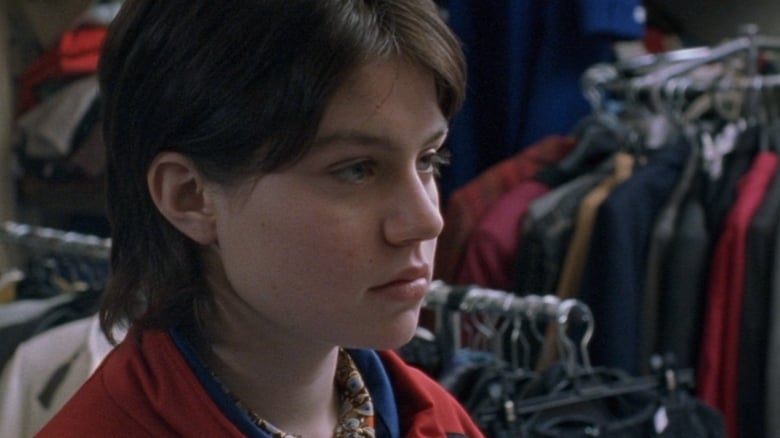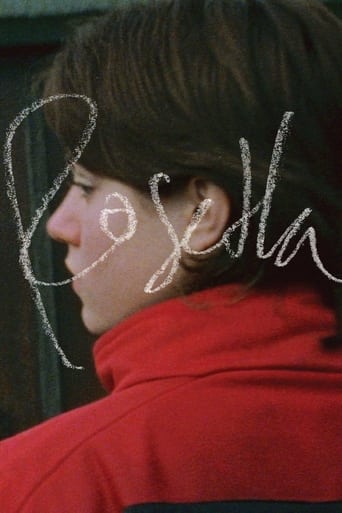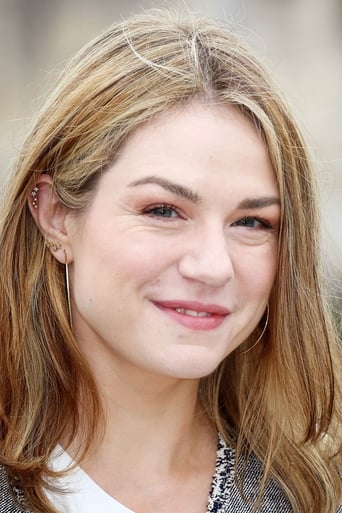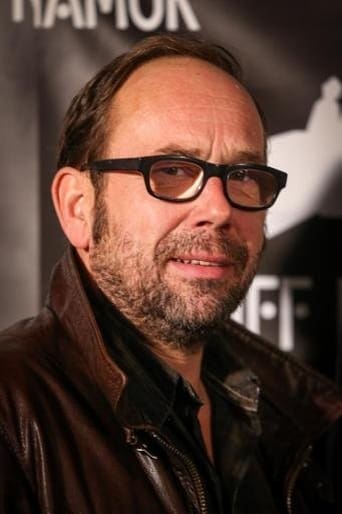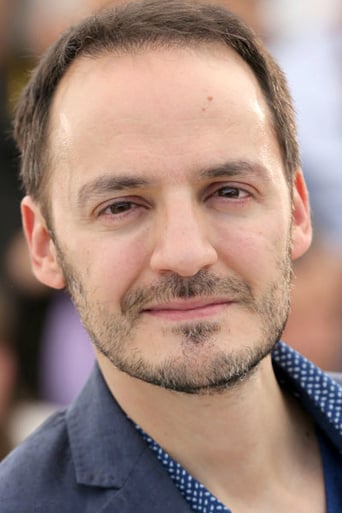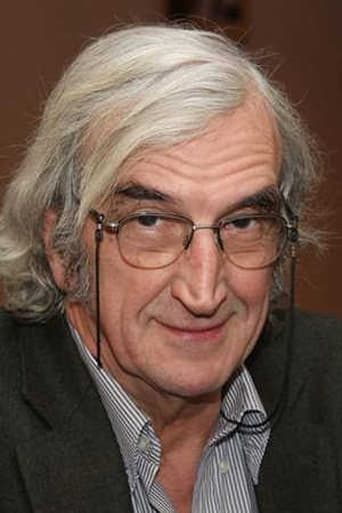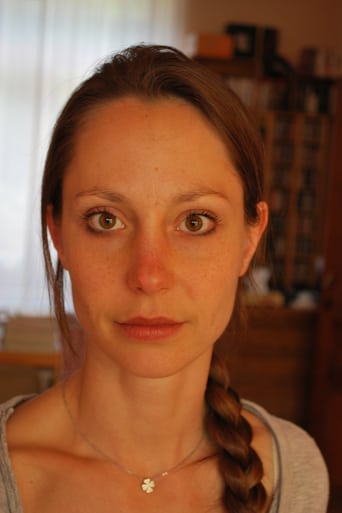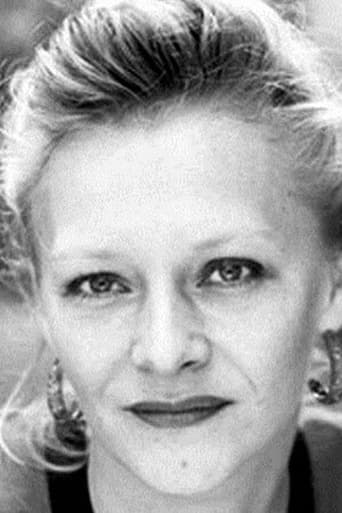Young, impulsive Rosetta lives a hard and stressful life as she struggles to support herself and her alcoholic mother. Refusing all charity, she is desperate to maintain a dignified job.
Similar titles
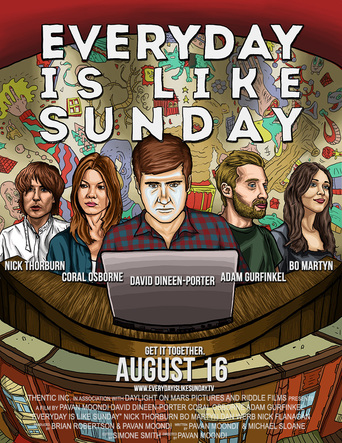

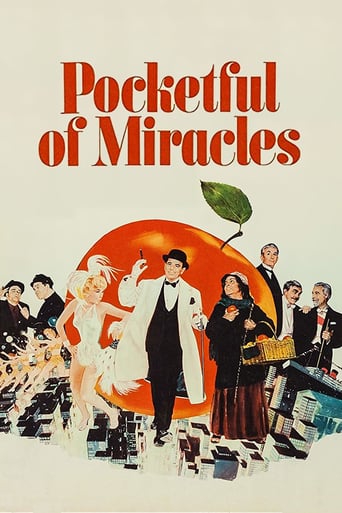
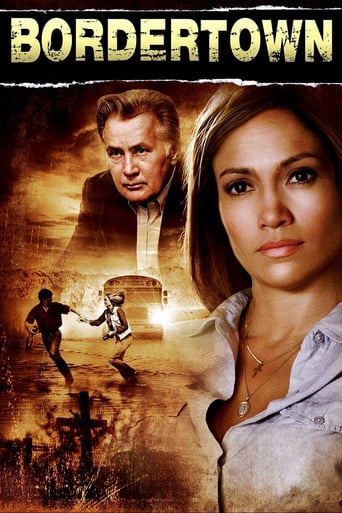
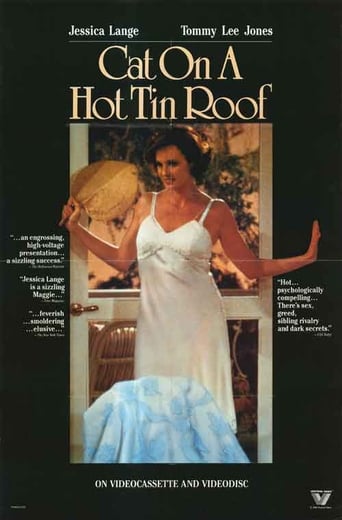
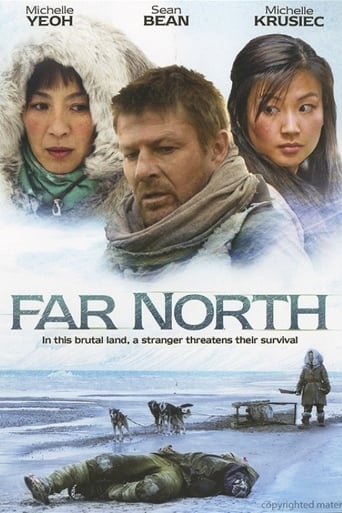
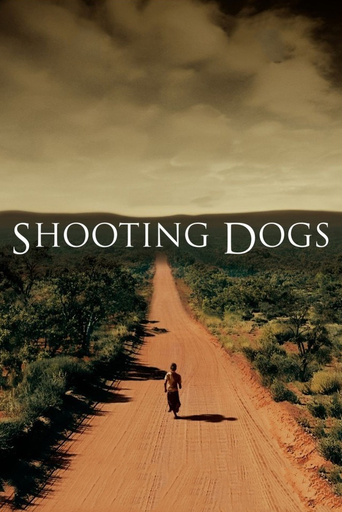
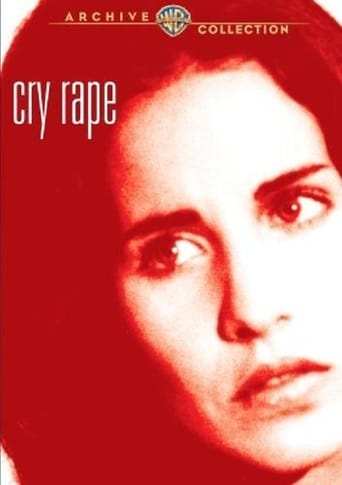
You May Also Like
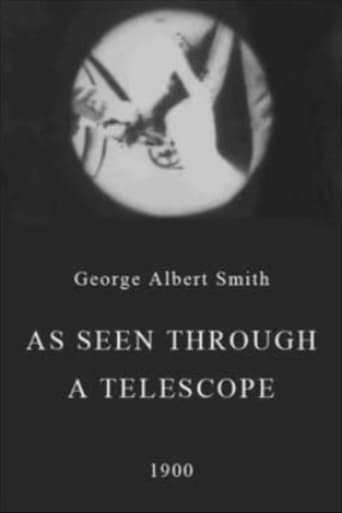
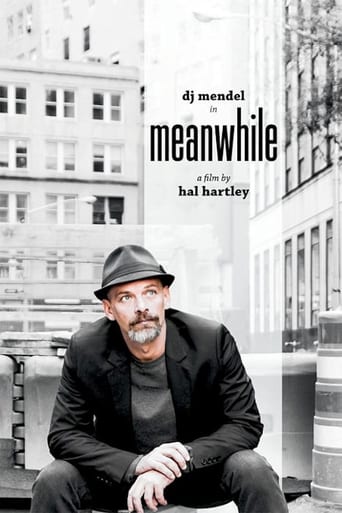
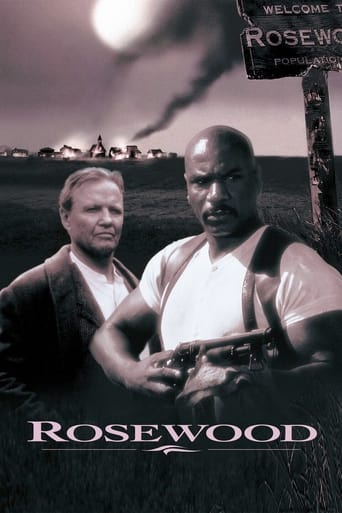
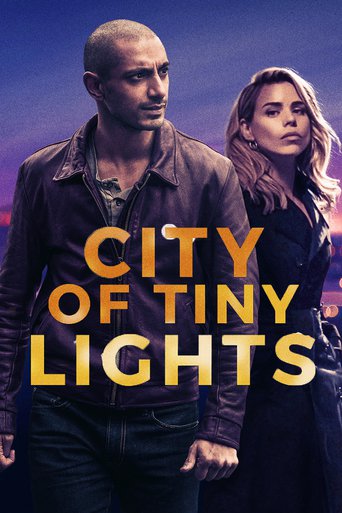
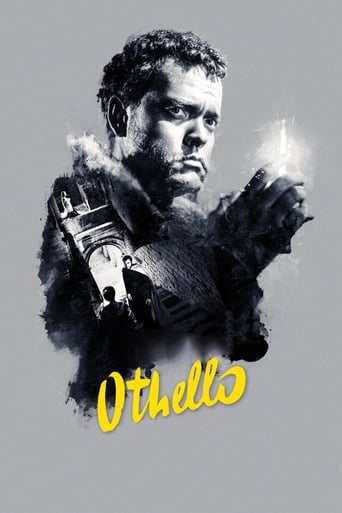
Reviews
So much average
Fantastic!
The best films of this genre always show a path and provide a takeaway for being a better person.
The film's masterful storytelling did its job. The message was clear. No need to overdo.
This French-Belgian film is one that used to feature in a version of the book 1001 Movies You Must See Before You Die, I was prepared to see it and hoping for a good one, directed by brothers Jean-Pierre Dardenne and Luc Dardenne (The Kid with a Bike). Basically twenty- seven-year-old Rosetta (Émilie Dequenne) has lost her probationary employment, and following a violent confrontation, she returns home to trailer park "The Grand Canyon", shared with her alcoholic Mother (Anne Yernaux). Unable to receive unemployment pay and desperate for work, Rosetta goes around asking about vacancies in various places, then she happens upon a waffle stand, after an enquiry she makes friends with worker Riquet (Fabrizio Rongione), she is experiencing period cramps. Rosetta is startled when Riquet makes an unexpected visit to the trailer park, he informs her there is a job available, as a worker was fired, she is also encouraged to tell her mother, who is promiscuous due to alcoholism, to seek a rehabilitation clinic, but the mother is in denial and runs away. Rosetta spends the night with Riquet, and tries to convince herself that her life has started to function normally, but after three days at work she is replaced by The Boss (Olivier Gourmet), this turns into another violent confrontation, but she calms down when he tells her he will call if an opportunity is available. Rosetta starts looking for employment again, and keeps Riquet company during work, she later saves him from drowning, but she also finds out he has been selling his own waffles elsewhere, Rosetta contemplates what to do, but tells the owner, she watches as Riquet is thrown out of the stand. Riquet is betrayed and hurt, he chases Rosetta on his moped, he eventually catches up to her and demands to know why she did what she did, she states she wanted a job, and had no intention of saving him from the water. Rosetta is rehired on the waffle stand, she encounters Riquet again, as a customer, returning home she finds her mother barely conscious and inebriated, she calls her boss to tell him she will not be working the next day. Later Rosetta is forced to get a new gas canister, Riquet shows up on his moped and circles her, she collapses to the ground and cries, Riquet helps her up, Rosetta turns around to gaze at him as she slowly regains her composure. Also starring Bernard Marbaix as The Campgrounds Manager, Frédéric Bodson as The Head of Personnel and Florian Delain as The Boss's Son. The debuting Dequenne gives a great performance as the troubled teenager desperate for a job for self-esteem as much as pay, it is a difficult and gruelling watch most of the time, with a soul-destroying routine for the leading character, but it is a good view of social realism, an affective drama. Worth watching!
Rosetta (1999), directed and written by the now critically acclaimed Dardenne brothers , is a film with a simple premise, a young and impulsive girl, looking for a job. Nevertheless it was this film that won the Palme d'Or at the 1999 Cannes Film Festival, as well as the best actress prize for its portraying of the title character, played by Emilie Dequenne. Rosetta is the ultimate prove that these two brothers of cinema are masters in creating intensely naturalistic films about lower class life in Belgium. Rosetta tells the story about a young woman that wants to find a job at all costs. She knows that her own life is falling apart before her eyes and tries to avoid this by any means necessary. In her search for a job Rosetta has to deal with an alcoholic mother, with whom she lives together in a rickety trailer. The search for work becomes almost as a metaphor for going to war, she won't stop until she has the stable life she is longing for. Along the way she makes a friend, Riquet, with whom the relationship is one of an awkward and weird nature. As mentioned earlier Emilie Dequenne received the best actress prize for her portrayal of the title character. Leave aside that this was deserved or not she convinces us as a girl with a grim determination who's mainly relying on her instincts. Although the Dardenne brothers know how to perfectly blend a good casting with an effective use of camera. The film never makes any effort in portraying Rosetta as a heroine, she isn't winning neither sympathetic. It's in these aspects that lies the true subversive power that this film possesses. Upon watching this film you'll learn that the title is kind of misleading. This film is about the determinism of being employed, which is synonymous for Rosetta with happiness. The only problem is that it's her point of view because as soon as she gets a job she still isn't happier than before. It leaves us, as the viewer, wonder: 'Has this girl ever learned to have happiness and can employment alone make our lives more stable?'Rosetta feels at times very claustrophobic, although it has an universal theme. This is due the stylistically straightforwardness of Alain Marcoen's cinematography helped with a handheldcamera style. It gives the film the feel of a small European art movie, which it is to some degree, if not in its totality. It's thanks to this style of filming that the movie is so exceptional at maintaining an objective view into the world of Rosetta. In the end Rosetta proved to be the big breakthrough of the Dardenne Brothers and a breakthrough that was well deserved. It even inspired new laws surrounding the labor of teenagers in Belgium such as preventing employers from paying teenagers less than the minimum wage. This is a fine example of the influence of filmmaking on society, especially if it is as good as Rosetta. Instead of resting on their laurels the Dardenne brothers made a notable selection of critically acclaimed films such as Le fils (2002) or L'infant (2005). Although, personally, Rosetta is a grand introduction into their amazing body of work and style.
One time Palme d'Or winner, now forgotten, the Dardenne brothers' "Rosetta" stars Emilie Dequenne as Rosetta, a teenage girl trying to escape an alcoholic mother, her decaying trailer park (ironically titled "Grand Canyon", an abyss which sucks in an entire underclass) and her apparently dead-end existence. The film recalls Robert Bresson's "Mouchette", but is shot with fierce, angry hand-held camera work, which mirrors Rosetta's own bottled up rage and desperation. One passage, in which the seventeen year old Rosetta is virtually exploited by a company for cheap labour, led to Belgium changing several laws, banning employers from paying teenage workers less than the minimum wage. It's a tiny, condescending, almost insignificant real-life gesture, but the kind of little gestures which keep today's Rosettas alive nevertheless.The film isn't only about Rosetta's daily struggles for survival, but the blind eyed turned toward an entire stratum of society. Rosetta is a member of a socio-economic class which the world refuses to deal with, let alone acknowledge. Like a disease, she finds herself being pushed further and further out."Rosetta" is heavily influenced by Bresson's "Mouchette", another film which revolved around a marginalised girl who cares for a burdensome mother. And like Bresson, the Dardennes focus on their heroine's own private rituals: the taking off of muddy boots, the scrounging for and preparing of food, the tending to an alcoholic mother etc. And all the while, Rosetta's plotting: how do I escape this? What future will I be allowed? At the end of "Mouchette", Bresson's heroine seemed to resort to suicide, rolling into a muddy pond. The pond features in "Rosetta" as well, though here it is both a source of life and death. Rosetta goes to it for fish, for food, for escape, while later, when a friend falls inside it, she initially refuses to save him. After-all, with him dead, she can inherit his business and perhaps make some money. It is in her best interest to ignore him, to discard his body and turn away as society does to her. But of course she doesn't. She fishes him out. Unlike the world, she views him, if only for a moment, as a kindred spirit rather than a competitor.Still, suicide factors into "Rosetta" as well, for our hero does eventually regard it as her only mode of escape. Ironically, like Bresson's "The Devil Probably", she must pay for her own suicide. Even her death has been commodified. In this way, the film not only exposes the indifference of contemporary capitalism, in which economic disparities grow by the day, in which class has become a bigger distinction than nationality, language, religion etc, but highlights a certain impossibility of morality. Rosetta saves a life, but in doing so may have destroyed her own future.8/10 – Not as aesthetically strong as similar modern movies in its field ("Wendy and Lucy", "Mouchette", "Land of Plenty" etc), or the Italian neo-realist, British kitchen-sink and French new-wave films which inspire it. Worth one viewing.
Unemployment is one of the biggest social issues we are dealing with today and the work we do is usually seen as a thing everyone should do, if you don't you're not part of the society. Trying to get work and trying to belong have been subjects the Dardenne brothers have been dealing with their films. Rosetta (1999) is about a girl who gets excluded from the society and is trying desperately to get back in.Usually the films by the Dardenne brothers build around the moral choices their characters have to make. So do they put us in charge to judge them? Are the choices they do right or wrong, I think they do want to challenge us in that. And the fact why we are able to judge them is because we get so close to them. The distance between us, the audience and the characters is close. It has been achieved through their original narrative but also through the extraordinary cinematography. Each sudden change will shock the audience.The camera is at some points tied to the character. It follows the characters and their lives very closely. Jean-Pierre and Luc Dardenne always, according to what I've read, film their movies chronologically. They start with the first scene and then move on. By that they achieve to create a very realistic storyline. Because the actor/actress doesn't know what's ahead of him/her. So the films by the brothers are like pieces of life.Rosetta (Émilie Dequenne) is a young girl living with her alcoholic mother in a caravan at an industrial area in Belgium. Rosetta gets fired and tries desperately to get a new job. Unemployment is the war she's fighting, she needs to get a job to be normal - to be like everybody else and she is ready to do almost anything in order to get a job. The moral choices she has to make during her search of work are given to us for observation and thinking. Because in the end is there only one last choice: to kill or not to. That is the basic question the film brings up. How important is it to be a part of the society? For Rosetta it means everything, she's hanging on and if she let's go she vanishes. She doesn't exist without work.So in the center of Rosetta there is a human being, who gets thrown out of the society and it's not good if you want to do something, but you're not able to do it. Rosetta wants to work, but can't that is a huge problem in the modern world we live in. The main themes of Rosetta are private despair, the concept of work and how it is vanishing.The realism by the Dardennes is achieved through their documentary-stylish narrative, fast-paced editing, cinematography, marginal dialog and by amateur actors. The actress Émilie Dequenne won the Golden Palm for her debut role as Rosetta and many other actors/actresses have won awards for their first roles when working with the Dardenne brothers.This a brand new radical style the Dardenne brothers have created. They are changing the basic elements of cinema, they are changing the narrative as they are the cinematography. I don't mean that they have just let all the things they've learned from movies, their films still have some of the traditional elements. There's always the suspense that builds around the moral choices and there's always the mystery - what is happening inside the character's head? They are philosophically modernizing cinema and Rosetta (1999) with Le fils (2002) is the finest example of it. Neither of them has got musical score at all, which puts us in charge of observing and paying more attention to the sounds around us.
Top Streaming Movies











